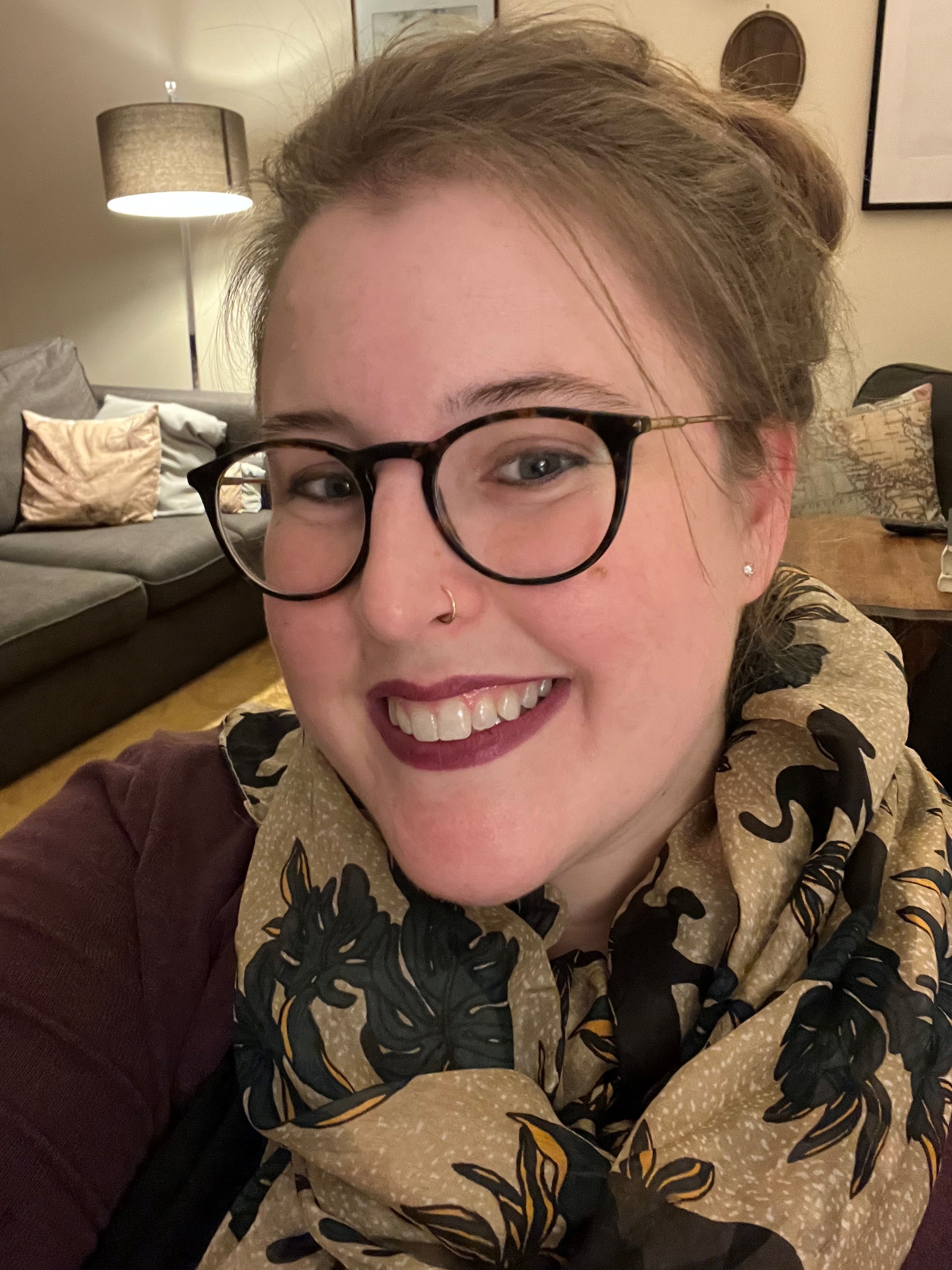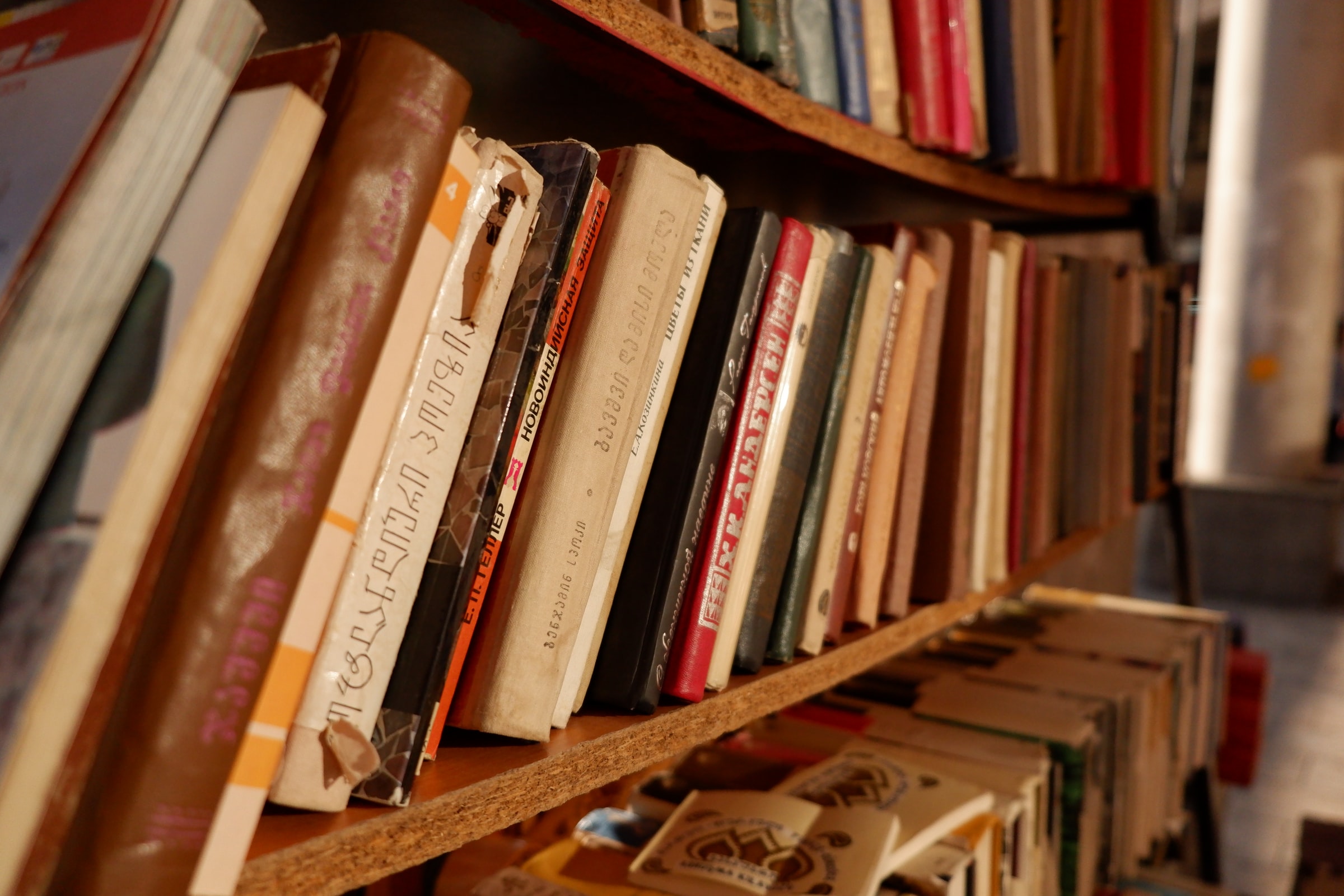Elizabeth DeBold
Beth DeBold is a PhD student in History. Her project title is "The Importance of Youth in the Early Modern Economy: Apprentices and their peer-networks, 1605-1800."
Project Title
The Importance of Youth in the Early Modern Economy: Apprentices and their peer-networks, 1605-1800
Academic Supervisors
- Dr Adam Morton
- Dr Ruth Connolly
- Dr Barbara Crosbie (Durham University)
- Dr Ruth Frendo (The Worshipful Company of Stationers and Newspaper Makers, Archivist)
Project Description
This project uses the apprenticeship records of the Stationers' Company to explore the thesis that peer-to-peer social bonds formed during apprentices' training in adolescence were fundamental to their subsequent career networks. Many apprentices did not complete their apprenticeship or were never made ‘free’ of the guild they joined, yet scholarship assumes that it was primarily the relationship between master and apprentice which led young people to a successful career in the book trades. This study uses quantitative and qualitative data to understand the role of the peer network in the 17th and 18th century British book trade, with a particular focus on women's roles and connections outside of the greater London area.
With the London Stationers' Company as collaborative partner in this project, I will also undertake a 6-month placement on-site in their archives, cataloguing manuscripts and developing educational materials to further support public access to and engagement with their heritage collections.

Qualifications
-
MA in Historical Studies (University of Maryland, Baltimore County)
-
MS in Library Science, with a concentration in Archives and Records Management (University of North Carolina, Chapel Hill)
-
BA in Medieval Studies (Skidmore College)
Funding:
-
AHRC Collaborative Doctoral Award, Northern Bridge Consortium
Other Roles
Before beginning my PhD, I worked professionally in special collections libraries and archives for over a decade. Past roles include Assistant Curator of Collections at the Folger Shakespeare Library in Washington, DC, and a variety of roles in the North Carolina Collection at UNC Chapel Hill and in the Duke University Divinity School Library.
